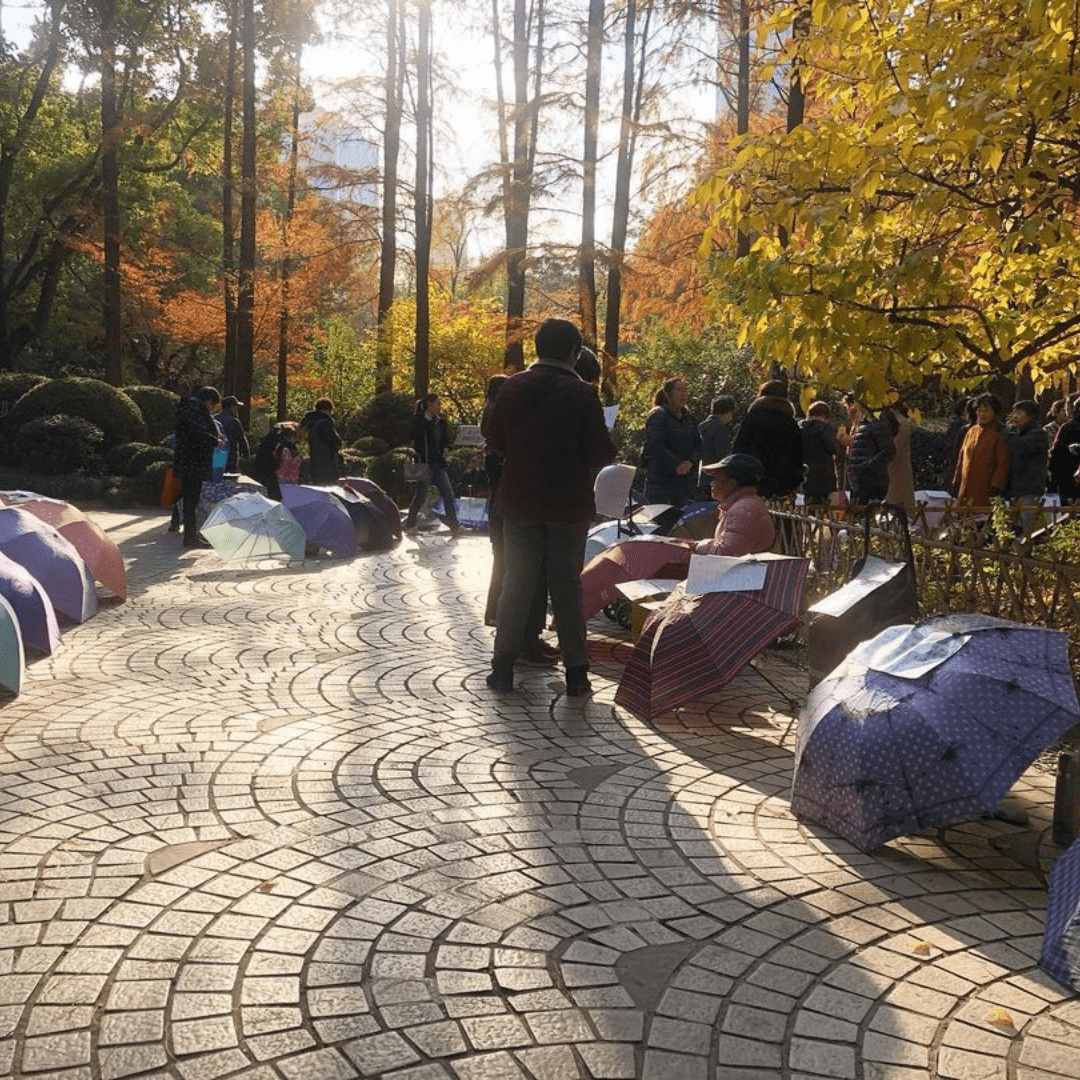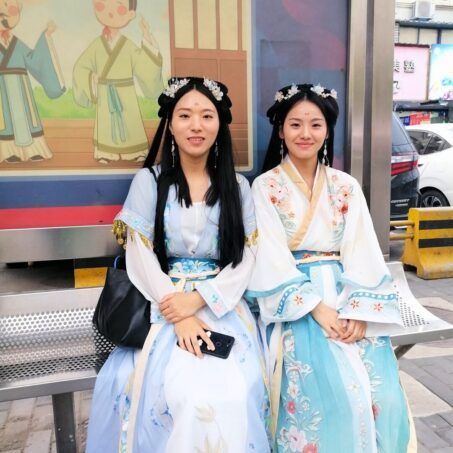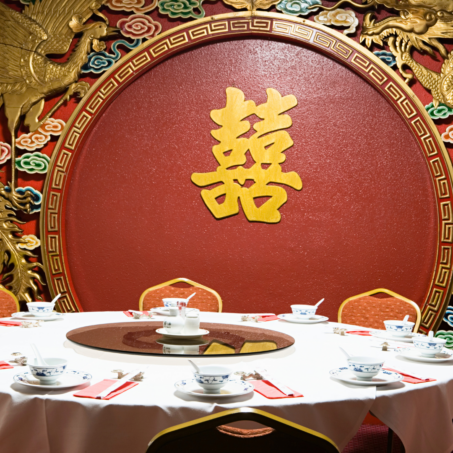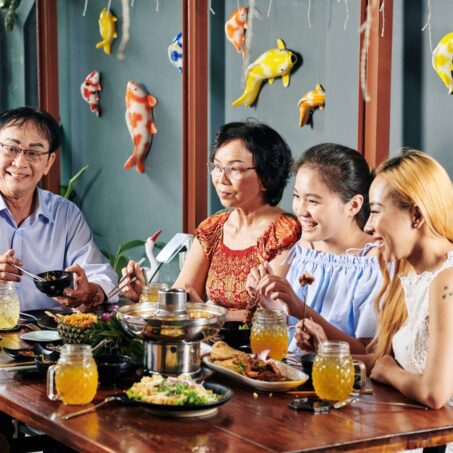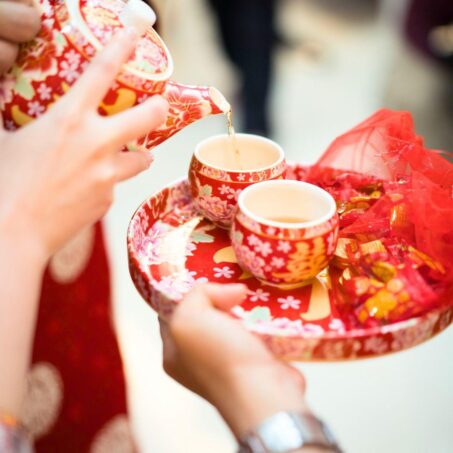You might have heard of the phrase ‘putting yourself on the market’ when it comes to finding love. But in China, this idiom can be very literal.
In the past, marriage used to be the best way to achieve a secure, comfortable future. And while times have changed enormously since this was the case, many older parents in China still worry for their children’s future wellbeing without a partner – particularly as they approach or pass the national average age of marriage (currently 24 years for women and 27 for men in China).
So they take matters into their own hands, and advertise their children at a marriage market.
Usually taking place in public parks of large cities like Beijing, Shanghai, Chengdu and Shenzhen, marriage markets are informal gatherings where parents try to find the perfect match for their unmarried adult children. The gatherings often happen once or twice a week, where parents display their children’s details on pieces of paper. Sometimes the children know that their parents are advertising them, but often they’re unaware.
To help other parents find a suitable match for their own children, the papers will have the sons’ and daughters’ key information written on them: name, age, Chinese zodiac sign, height, education, job and salary, personality, home and car ownership, and hukou (household registration area). And, of course, a photo.
The oldest and one of the biggest marriage markets is the Shanghai Marriage Market. Open since 2004, it takes place every Saturday and Sunday from 12pm to 5pm at People’s Park. At an aptly-named spot called 人民公园相亲角 Rénmín Gōngyuán Xiāngqīn Jiǎo (‘People’s Park Blind Date Corner’), it’s split into two main sections. The first one is a ‘free’ zone where parents (and occasionally individuals looking for love themselves) can advertise independently, paying a small fee to display each ‘advert’ for a period of time. If a parent sees details advertised that match their requirements for their son or daughter, they strike up a conversation to find out more. There are also a number of subsections for different categories, for example age ranges, regions, divorcees and more.
The second main section is called the 业余红娘区 yèyú hóngniáng qū (‘amateur matchmakers’ zone’). Here, voluntary and professional matchmakers hold lists of ‘candidates’ and their details, and in some cases charge a consultation fee.
As values have shifted and continue to change over time, young people are more willing to wait for the right person until settling down. They’re placing less and less importance on marrying early – or, in some cases, at all. But while the younger generations largely prefer to meet potential partners at their own pace themselves or through dating apps, the older generations often still favour a more traditional way of doing things. And since old habits die hard, marriage markets will probably continue to remain popular in China for some time – although they’ll likely evolve with the times, too.
Interested in seeing what Shanghai’s marriage market is like for yourself? Don’t forget, it’s one of the cities we offer immersion experiences.
Instagram Photo by @viehrs

